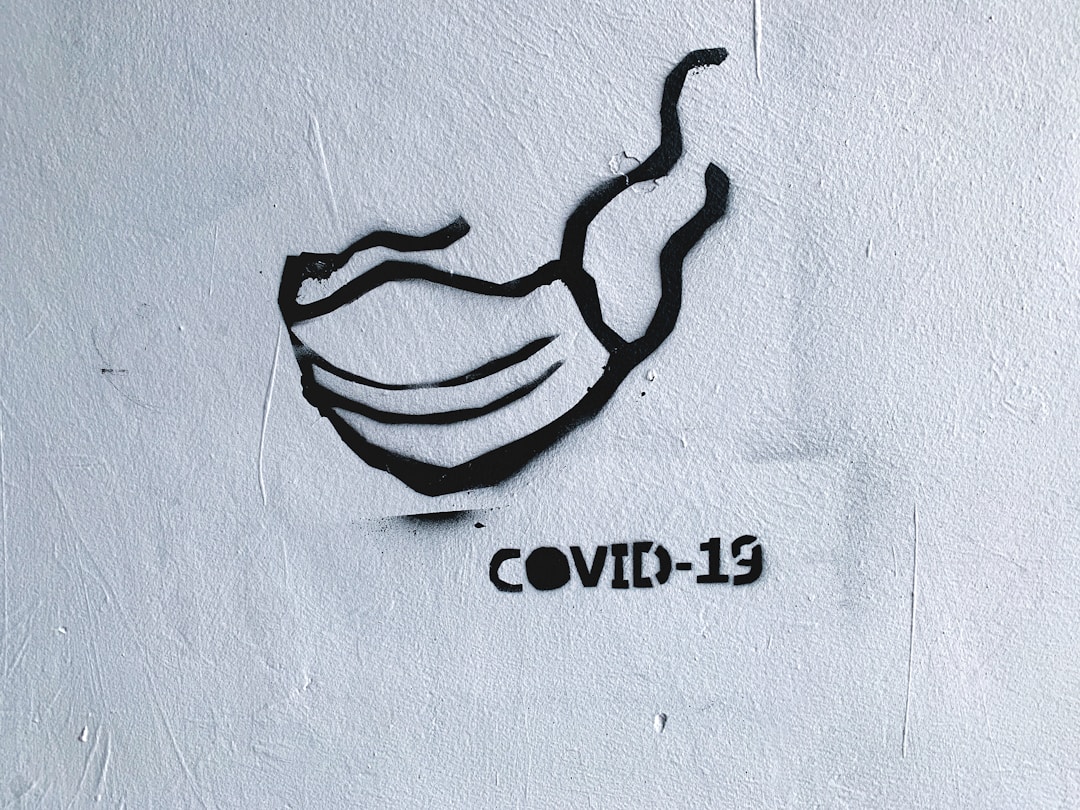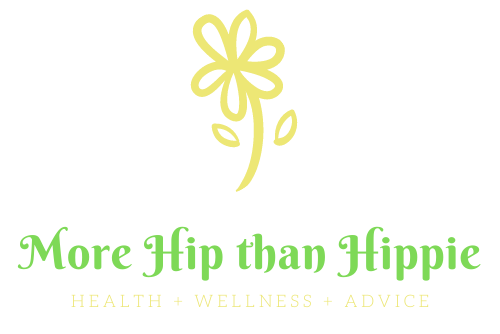If there has been one silver lining that has emerged in the devastating Covid-19 pandemic, it’s that the people of the United States (and around the world) can see just how hard-working and special healthcare providers really are. When the coronavirus passes, no one will be able to take the health industry for granted ever again.
Furthermore, the health and social care sector continues to be the biggest employer in the U.S., and as such a wide-ranging and varied industry, it’s not hard to see why. However, for healthcare providers themselves, here are important things to keep track of to be as effective as possible.
The Basics

Unlike the processes in most industries, the necessities for a healthcare professional to carry out their day-to-day tasks are fluid in nature and ever-changing. What is a standard practice in the delivery of first aid one day may not be the same in the next. That said, basic life support is well communicated to the healthcare workers so that it’s not hard to catch up if one was to lose track.
With constant refresher courses on first aid, how best to care for someone having a heart attack or allergic reaction, and how to approach first response care for people of all years of age, healthcare workers are well resourced when it comes to knowledge and protocol. One such example of where students can receive such teaching is with the American Healthcare Academy which, amongst other things, provides CPR classes for healthcare providers so that first aid can be given to emergency situations like cardiac arrest.
Medicines and Pharmaceuticals

Healthcare workers that are part of the pharmaceutical profession also require constant updates to perform their duties correctly. Every member of the general public is effectively taking a risk when they’re given medical advice to consume a particular medication for the first time. Pharmacy workers make every precaution on behalf of the patient, ensuring to minimize all risks, no matter how small they are, and also treat the ailment. For example, if a patient with a medical problem, such as asthma, was to request the use of an inhaler for the first time, then the pharmacist would know that there are more specifics behind selecting one.
A flovent inhaler, as an example, is a corticosteroid that can prevent wheezing and the shortness of breath that accompany respiratory illnesses such as bronchitis, some types of emphysema, and asthma with long-term use. However, if the same patient was having an asthma attack, then they should not be using this treatment, as it will not alleviate any symptoms. To treat this, a different medication is required––and a knowledgeable pharmacist would be able to determine this and prevent accidental mix of medications that can lead to allergic reaction, anaphylaxis, and potentially, death.
Guidelines Regarding Covid-19

Despite the wealth of assists from the CDC on how best to approach the Covid-19 pandemic as a healthcare worker, the novelty of the virus means that there are constant lessons and changes to the way it must be approached. Keeping track of Covid-19 restrictions is also hard, especially as the nature of the work involves interacting with people, but healthcare providers also act as an example to the general public on how best to navigate the virus.
New methods of healthcare must also be kept track of, as Covid-19 has been seen as contributing to the growth of telehealth in the United States. In a bid to prevent its spread, face-to-face appointments have been moved to online, virtual ones through telecommunications. Whilst telehealth itself is a way of adapting to Covid-19, many experts believe it will be around for a long period of time––and if that is the case, then healthcare providers will be expected to learn how to work through this method.

